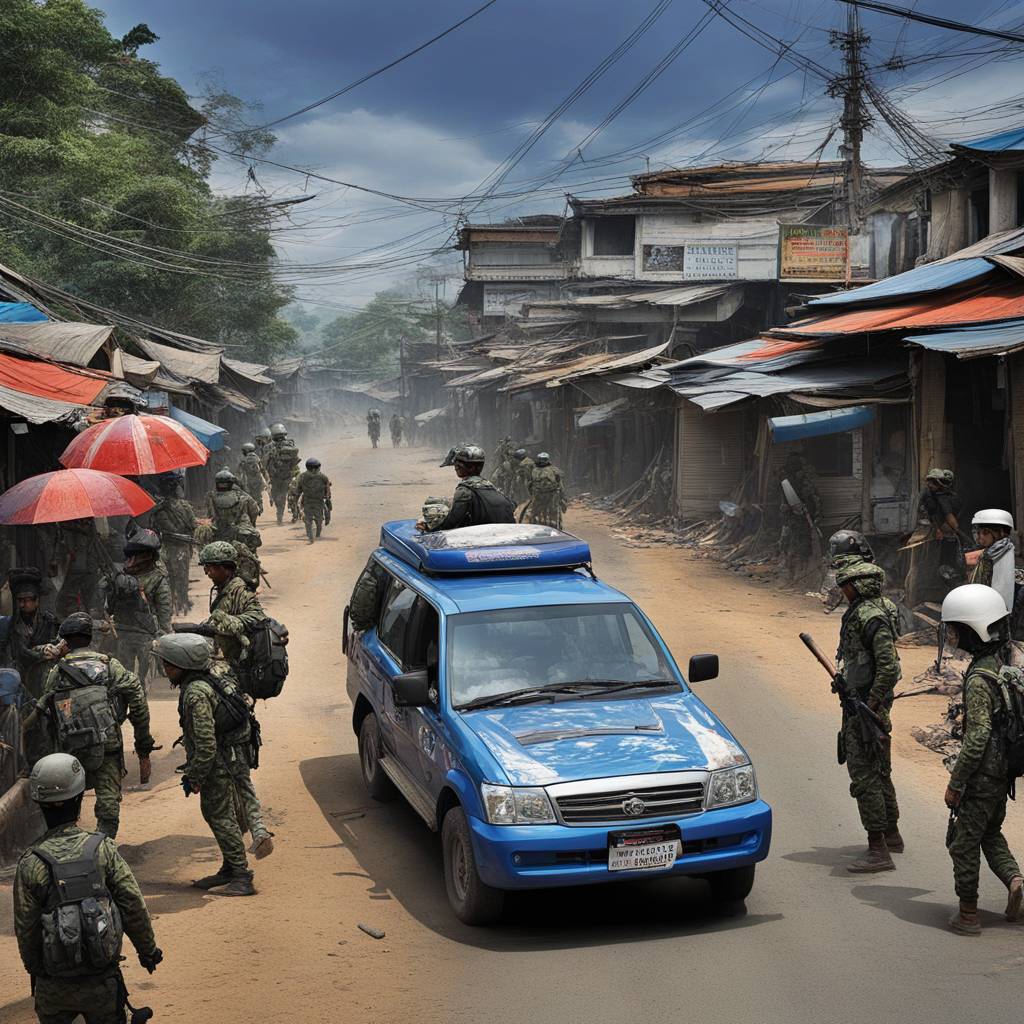Since peace talks between Barisan Revolusi Nasional (BRN) and the Thai state began in 2013, incidents of violence in the region have reportedly decreased. However, despite the talks resulting in temporary ceasefires, a lasting resolution has yet to be achieved. At a recent meeting in Malaysia, the two sides agreed in principle on an updated version of the Joint Comprehensive Plan Toward Peace (JCPP), which aims to reduce violence and find a political solution. Additionally, discussions were held regarding a ceasefire spanning the Muslim holy month of Ramadan and the Thai festival Songkran.
During a state visit to Thailand, Malaysia Prime Minister Anwar Ibrahim expressed his government’s commitment to helping solve the long-running insurgency issue in the region. Mr. Anwar emphasized the importance of peace and urged all forces in Thailand and the southern region, as well as some in Malaysia, to prioritize peace. However, according to military general Pramote Prom-In and a former BRN member involved in the negotiations, a ceasefire has not been agreed upon due to differing demands and expectations from both sides.
Both parties are engaged in technical discussions and are working towards finding a compromise to move forward under the JCPP. Mr. Pramote mentioned plans to create a “public space” for residents with political opinions, and civil society organizations and private firms have been invited to support the dialogue. The next meeting is scheduled for April, and while details are scarce, both sides have agreed to only provide broad updates. Mr. Pramote acknowledged that achieving a ceasefire is challenging, with concerns about potential indiscriminate actions by the BRN and the need for security forces to abide by the law.
Government negotiators have outlined a one- to three-year plan to restore normalcy in the region, depending on the decrease in incidents of violence. The plan involves lifting the emergency decree in more districts, allowing insurgents to surrender without prosecution, and eventually disbanding security forces while retraining them for other roles. Mr. Pramote acknowledged that each phase of the plan will face difficulties, but emphasized the importance of continuing dialogue with the public to keep them informed of progress. Despite the challenges ahead, there is a sense of optimism for the future discussions and potential for a lasting resolution to the conflict.


